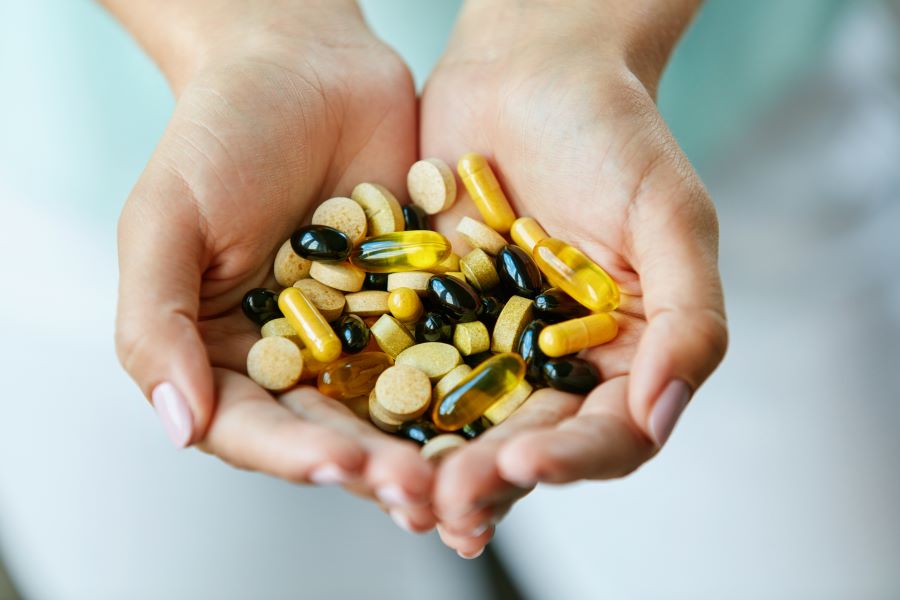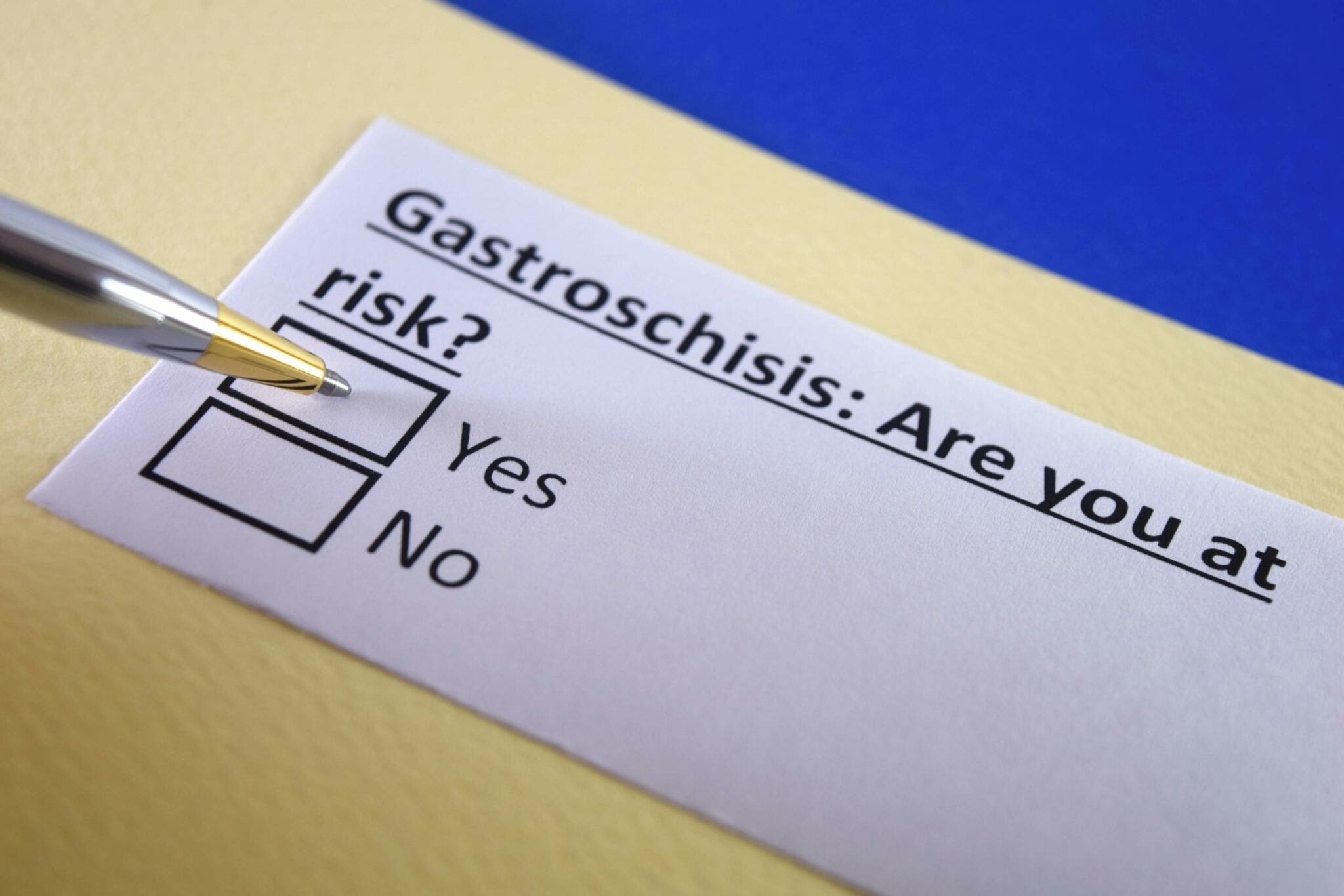Q&a: Dr. Paul Offit on Effects of Supplements for Kids


1. Dr. Sara Connolly: When we’re talking about vitamins and supplements in kids, what are the downsides exactly? Are there benefits also?
Answer: Dr. Paul Offit: Certainly there are situations in which supplemental vitamins are of value. Children need a vitamin K shot at birth, for example. If they don’t get one, they are at increased risk of bleeding. Children who are breastfeeding also need supplemental vitamin D. But do they need supplemental multivitamins like Gummy Flintstones? I think the answer is there is no need for it. There’s no evidence that multivitamins are of any value, and there’s no evidence they are harmful. However, in terms of mega-vitamins, I think there is evidence they are harmful. The Annals of Internal Medicine recently published a series of articles showing that large doses of vitamins A, E, and K and selenium are harmful.
2. One of the questions I’m seeing in the office is parents asking about vitamin-fortified smoothies, where they’re adding powdered vitamins to their Vitamix and making smoothies for their kids. I feel like I have no frame of reference for this because I don’t know what they’re actually giving to their kids.
Answer: It’s a problem. People regularly ingest 1,000 mg of vitamin C in a pill. To get that same amount from food, you’d have to eat 8 cantaloupe melons or 14 oranges. Our stomachs wouldn’t let us do that. I think we’re fooling with Mother Nature with high-dose supplements, but the vitamin and supplement industry has been very good at convincing us we need them. If you look at that study I mentioned earlier, I think the message is, “Enough is enough.”
3. What about the idea that our foods don’t have the same levels of vitamins and nutrients as they used to because of modern farming practices, so we need to give our kids vitamins and take them ourselves to make up the difference?
Answer: Again, the industry has been very good at convincing us of this. But it’s not true. An extreme example of this is raw milk and the idea that critical proteins are destroyed by pasteurization, which is simply not true.
4. What about special needs kids? A lot of parents and parent groups recommend using supplements in various dosages to help special needs kids gain or recover skills. Is there any truth to these claims?
Answer: No. Again, this is not a new idea. Linus Pauling wrote a book 40 years ago about vitamin C and biomedical solutions to developmental problems. People still read it and believe it today. But there was no evidence for any of his claims then and there still isn’t now.
5. So let’s say you’re right, and there are no benefits to vitamins and supplements especially for children, how do pediatricians communicate that to parents, many of whom believe strongly in vitamins and supplements?
Answer: First, we need to be passionate about it, and we need to make it clear that parents and doctors are both in the same business of loving their child. Many people have this idea that doctors and professional groups who speak out against supplements are under the control of Big Pharma or some government agency. We need to make it clear we’re not just toeing a government line or some Big Pharma line. In fact, supplements are Big Pharma. It’s a $30 billion industry. People think these things are made by elves or old hippies, when in fact pharmaceutical giants Pfizer and Roche are two of the biggest players.
6. So what do you think about doctors who sell supplements from their offices?
Answer: I think it’s criminal. Doctors should have a professional standard and live by that standard. But too many people are in the thrall of these guru figures like Mehmet Oz or Deepak Chopra, who are very charismatic. Doctors need to counter those messages.
7. What’s your response to people who say, “Yes, but there are side effects in pharmaceuticals and they’re too strong for my kids or my family?”
Answer: Where I work at Children’s Hospital of Philadelphia, we have taken vitamins and supplements off the formulary. We don’t allow supplements in our hospital unless they meet a certain label standard, which excludes about 99 percent of the products. The thing people don’t understand is that this industry is not regulated. You might think you’re getting 50 mg of selenium when you’re actually getting 40,000 mg of selenium. Vitamins and supplements can have side effects, too. So yes, pharmaceuticals have side effects, but at least you know what you’re getting because there’s always a drug insert listing possible side effects. There’s nothing like that with vitamins and supplements.
Powered by Bundoo®










































